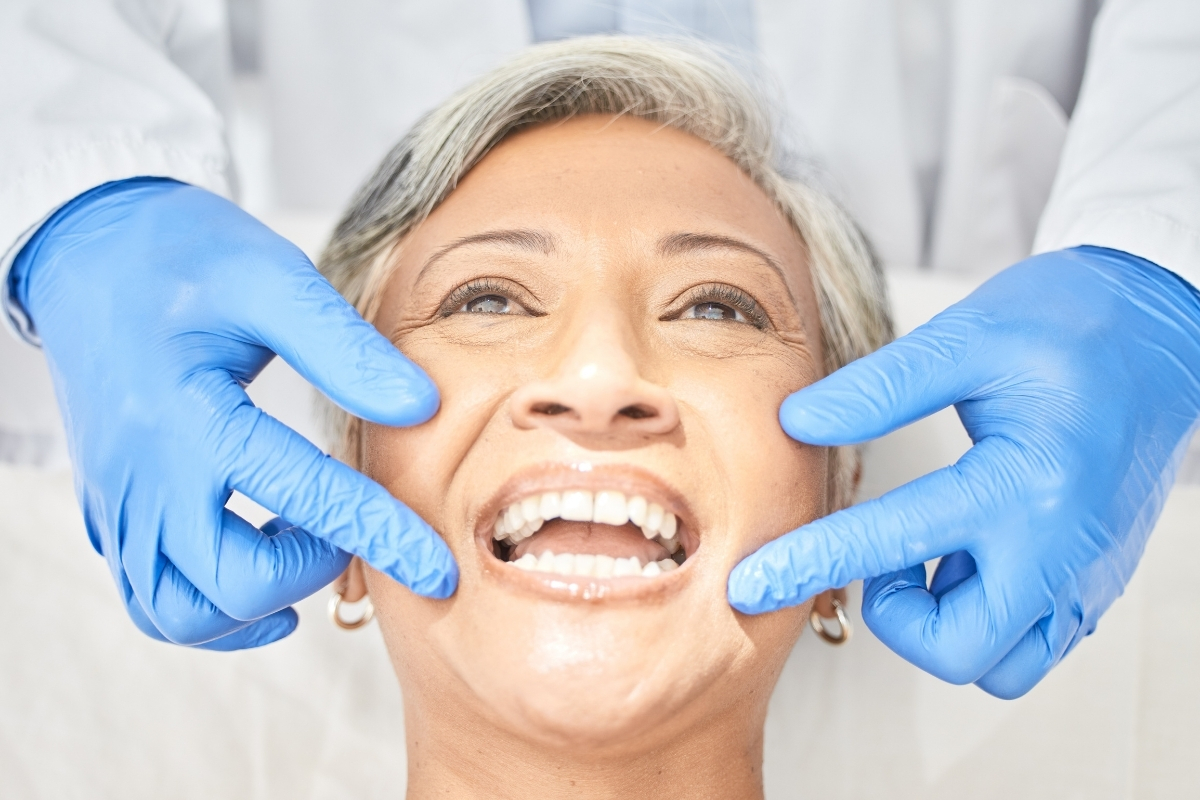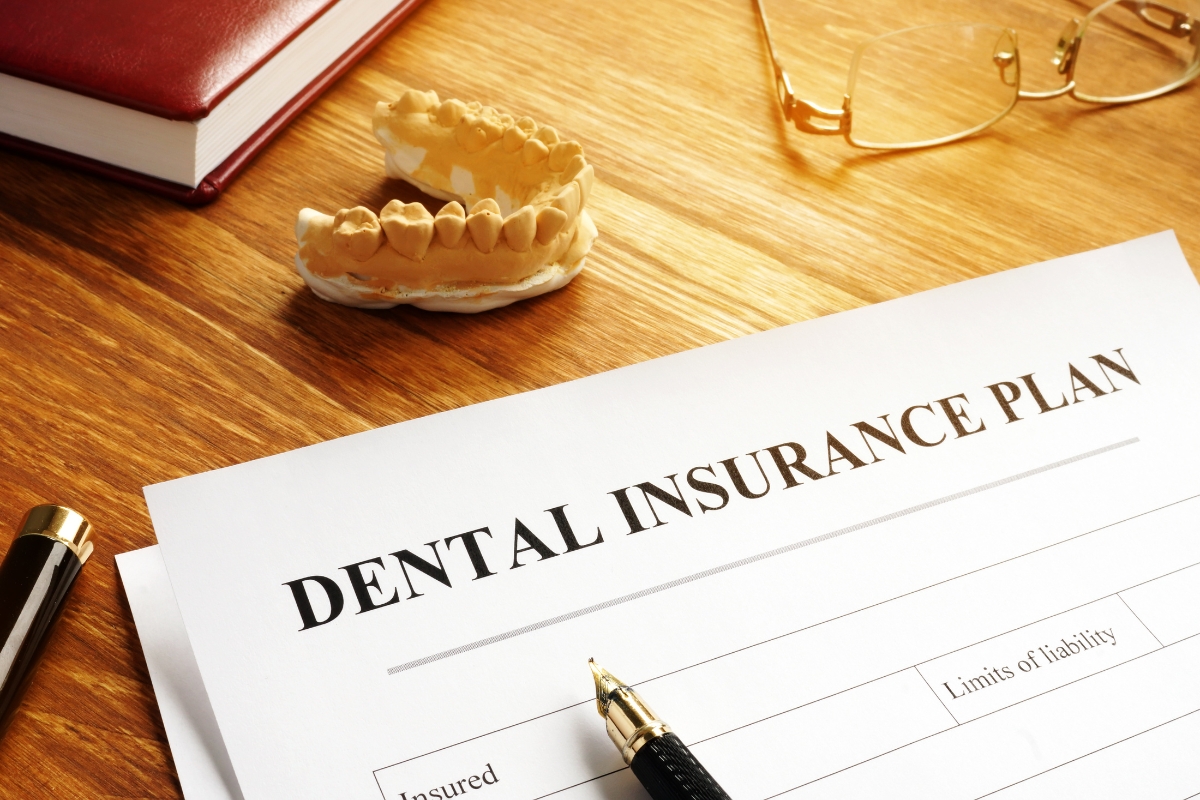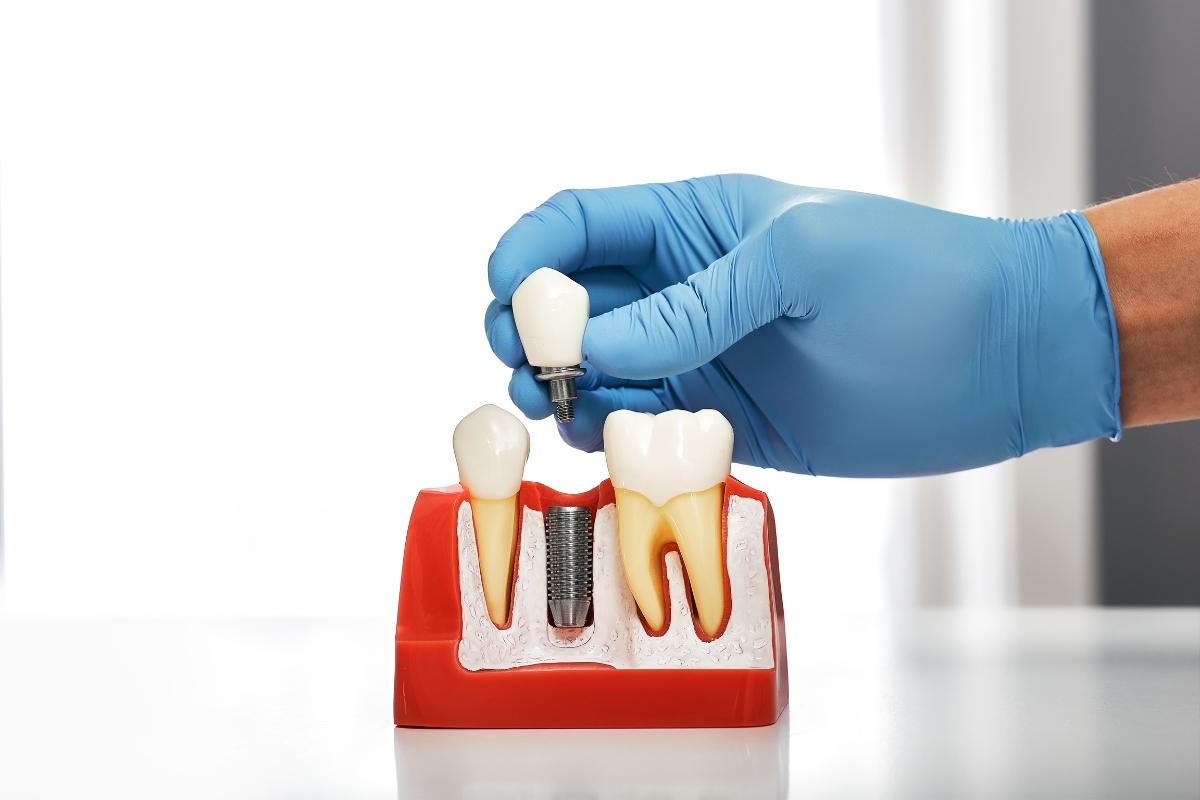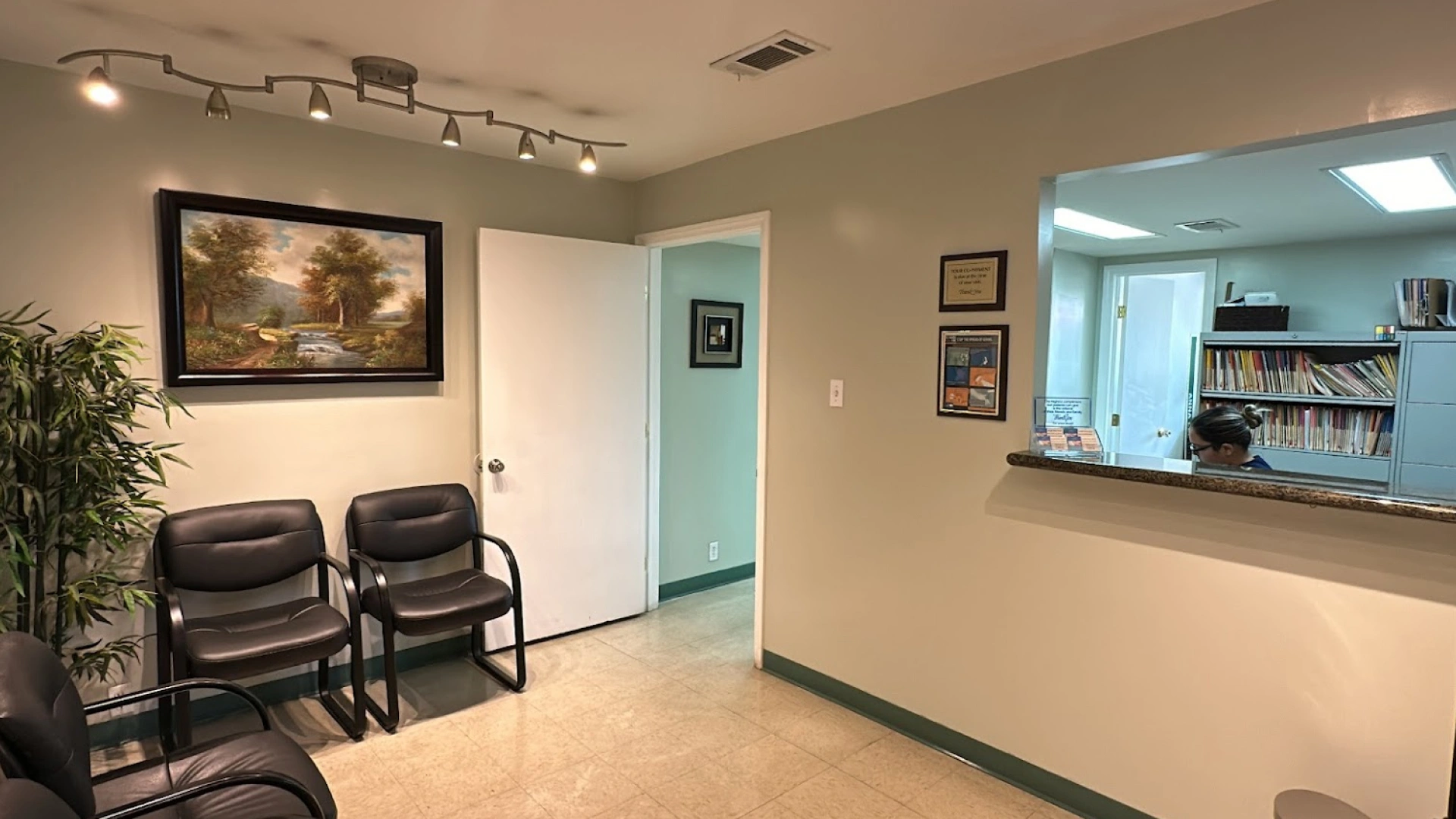
Cracked or broken teeth may happen at any moment, chomping on popcorn, tripping up at the park, or getting elbowed while playing sports. Sudden pain, jagged edges, or bleeding gums leave you wondering what to do next. Forgetting a cracked tooth might cause nerve damage or infections that need surgery.
Glendora citizens normally face such dental emergencies. However, they tend to keep delaying going to a professional. The best dentist can prevent minute cracks from escalating into severe oral conditions quickly and effectively.
Hasty measures are what save the day, especially before visiting the best dentist for emergency dental treatment.
Regular Causes of Broken Teeth
Chewing on hard candy or popcorn kernels can cause teeth to crack unexpectedly. Contact sports or facial injury trauma typically break teeth.
Large cavities internalize tooth weakness, and they crack easily. Older fillings loosen and hold the tooth enamel less securely.
Types of Broken Teeth
A cracked tooth possesses hairline cracks generally not visible to the naked eye. Chipped teeth possess edges that are broken, yet may still leave sensitive areas exposed.
Broken cusps occur when biting surfaces crack, mostly on molars or back teeth. A split tooth is a vertical crack with often attendant, but untreated, cracks.
A vertical root fracture initiates in the root and may show few signs until infection occurs.
First Aid Procedures for a Broken Tooth
You have to rinse your mouth with warm saltwater to clean it gently. Bleeding should be controlled by putting a sterile gauze on the tooth for 10 minutes. A cold compress on your cheek can help relieve swelling and pain. Save broken pieces of the tooth in cold milk or saline so that they don’t dry out. Don’t chew on the side of damage or use that tooth for biting.
These few simple steps help stabilize your mouth before visiting the best dentist in Glendora for the treatment. Don’t use sharp objects or pins to clean near broken areas. It causes more damage.
What NOT to Do?
Under no circumstances neglect pain, bleeding, or sensitivity near a broken tooth. Avoid biting on hard foods such as nuts, ice, or sticky taffy near the broken area.
Don’t use glue or wax to conceal the broken tooth. Don’t delay calling the top dentist if symptoms worsen or an infection occurs. Improper home remedies can lead to nerve exposure and expensive treatment.
Temporary Pain Relief at Home
Take ibuprofen to numb pain and swelling, but not aspirin near the injured area. Over-the-counter dental cement or wax can temporarily cover the rough edges. You must avoid extremely hot or cold drinks to reduce tooth sensitivity.
Also, avoid crunchy, hot, or sour foods until the best dentist can inspect the damage. Propping up your head while sleeping may ease pain at night.
When to Seek Professional Dental Care?
- Severe pain that lasts for longer than an hour must have immediate dental care.
- Exposure of pulp looks red or swollen and can lead to permanent nerve damage.
- Bleeding that cannot be controlled after pressure should be checked immediately.
- Fever, pus, or a bad taste in your mouth may indicate infection.
If any of these symptoms are present, visit the best dentist for same-day care.
Chipped or broken teeth need prompt, smart care before problems begin. Ignoring initial signs can potentially complicate simple issues overnight. Prompt first aid can preserve nerves, gums, and remaining tooth structure.
Glendora residents should never hesitate to come to the best dentist for dental emergencies. If you’ve had a fractured tooth, don’t wait. Call us today for speedy, gentle treatment.



